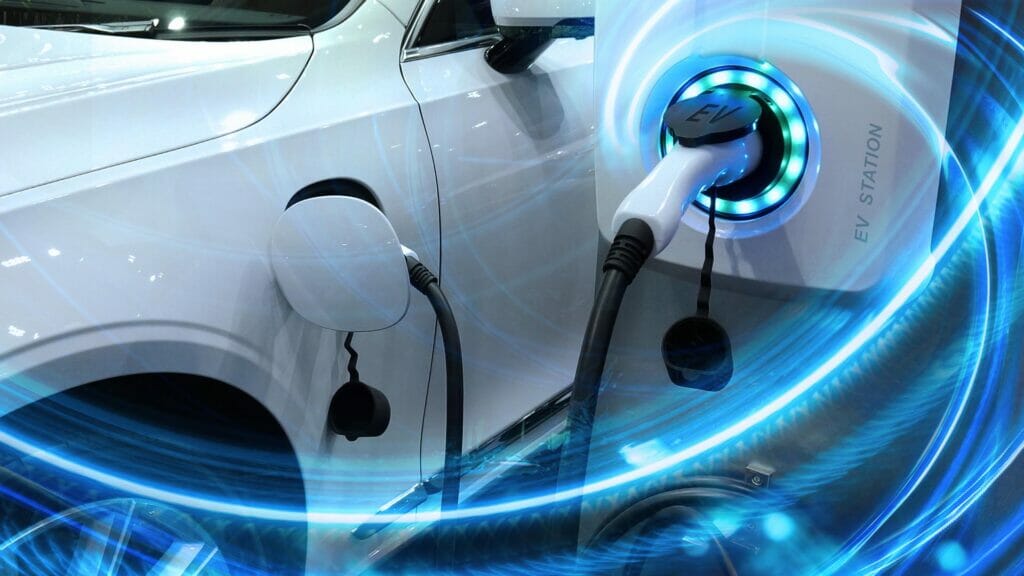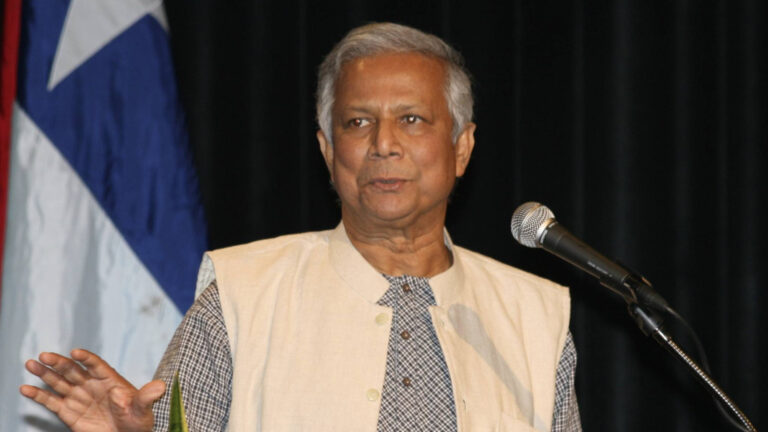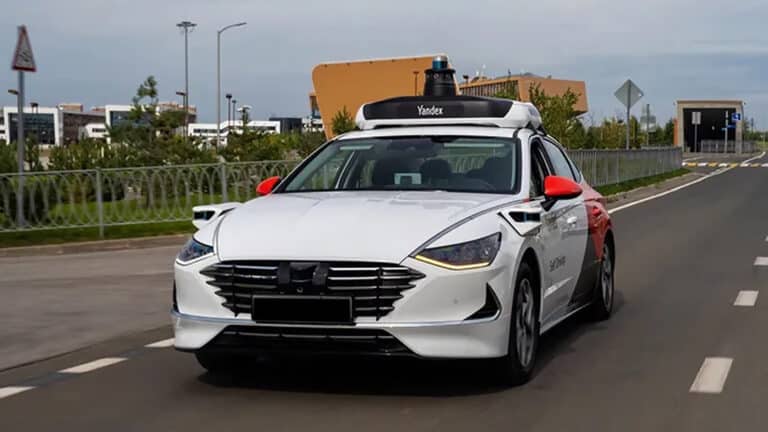
Kazakhstan is planning to develop an infrastructure for electric vehicles / Photo: Shutterstock
According to the Ministry of Industry and Infrastructural Development of Kazakhstan, the government has approved a road map for the development of electric car infrastructure.
Under the roadmap, authorities are going to create the infrastructure necessary for electric cars in all big cities throughout the country by 2029. The document will provide local authorities with standards and technical specifications for the design and construction of the infrastructure. It will also determine the amount and location of future charger stations. In addition, the road map will promote local production of EV charger stations.
«We are going to apply a range of incentive measures and mechanisms to expand the usage of electric vehicles and related infrastructure. The government of Kazakhstan fully supports all those measures aimed at promoting electric transport,» the ministry said in a statement.
The Kursiv edition requested the ministry to provide more details about measures and mechanisms it plans to introduce in order to promote electric vehicles in Kazakhstan. We also asked what specific regulatory and technical requirements the agency is going to use.
So far, there are more than one hundred EV charging stations in big cities and along the road from Almaty to Astana. All of them were built by Zhasyl Damu. More specifically, there are 51 charging stations in Astana, 52 in Almaty and three in other locations (Pavlodar, Aktau and along the highway from Astana to Kokshetau). In addition, there are several charging stations installed by individuals or private companies. For instance, there are six ultra-fast Tesla Supercharger charging stations in the Talan Tower residential complex in Astana.
Kazakhstan’s SaryarkaAvtoProm produces two models of electric vehicles JAC iEV7S and Kia EV6. According to the Bureau of National Statistics, the company has assembled 140 electric vehicles since 2016. Authorities now want to significantly expand the production of electric vehicles in the country.













